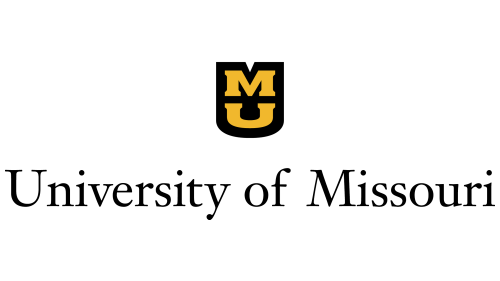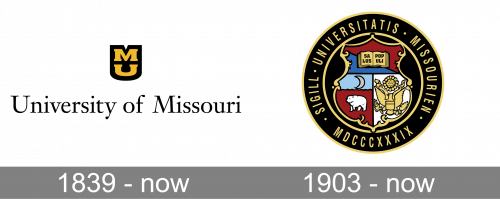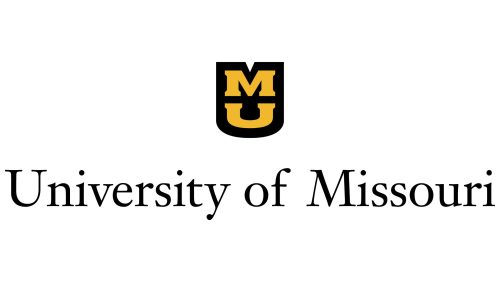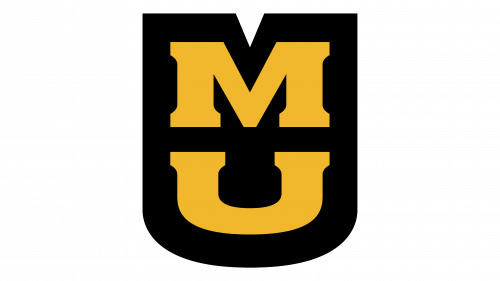 University of Missouri Logo PNG
University of Missouri Logo PNG
Being one of the biggest figures in the Missouri state educational system, University of Missouri provides more than 300 educational programs. They affect such disciplines as business, engineering, biology, law and others. The organization’s main campus is located in Columbia, United States. In total, there are 7 colleges and 11 schools, managed by 3000 professors and other personnel. The university also has a status of a land-grant institution.
Meaning and history
The university was established under the Geyer Act of the Missouri State Legislature of 1839. The act launched the funding campaign to establish a state-conditioned university. During the year, the citizens of the city of Columbia and Boone County has gathered more than $117,000 in cash and provided the ground. All this allowed the city to become the location for the university. At the start, the main direction of the university was related to philosophy, mathematics, languages, history, and related arts.
What is University of Missouri?
University of Missouri is an American commercial institution, which offers educational services for the citizens of the United States. With its headquarters located in Columbia, MU is one of the largest universities in the state of Missouri, which provides more than 300 graduate programs, affecting medical science, law, philosophy, engineering, agriculture and many others. The university hosts the operations of 7 colleges, 11 schools and 300 major facilities. In total, more 3000 professors and 13000 of administrative personnel manage the work of the university.
1903 – today
The seal of the university was made by a teacher in the College of Arts and Science, Dr. John S. Ankeney in 1903. The seal has been composed of two halves: an outer frame, and a central shield. On the external element, the designer has written the name of the university in Latin, the ‘Sigill’ word, and the year of the university foundation In Roman characters.
The central shield is split in three areas: at the top, Ankeney featured an open book with the part of the university’s motto – ‘Salus Populi’, which means ‘The Welfare of the People’. The book is drawn over two triangles serving as a background. At the lower left corner, the crescent and a grizzly bear are shown. The crescent is supposed to symbolize the novelty of then new state of Missouri. The bear features the severe yet positive mood of citizens of the state. At the lower right corner, we can see the United States coat of arms, which represents the patriotism of Missouri people.
1839 – today
The university’s logotype has been composed of an inscription with the name of the brand. Above the lettering, we can find an emblem featuring two characters ‘M’ and ‘U’, placed one above another. The watermark has a bold outline.
Font
The inscriptions located on the frame of the seal represent a narrowed typeface with uppercase letters without serifs. The characters have big gaps in between. The motto uses a bold script with heavy serifs. As for the logotype, so the university’s name here features a typical serif typeface with slim letters. The letters of the emblem have a heavy script with flattened yet widened characters.
Color
The color palettes of the seal and the logotype have common features, but they’re still different. In the sigil, we can see the black circle with beige and lines and inscriptions printed over it. The central shield consists of several parts: The first one is the beige book with the black motto. It’s located on the background of two triangles, one of which is colored blue, while another is red. The second part is the gray crescent located in on a blue sky. It’s located above a white bear, walking on a red ground. The third element is the American coat of arms, which is colored beige and located on the white background.











